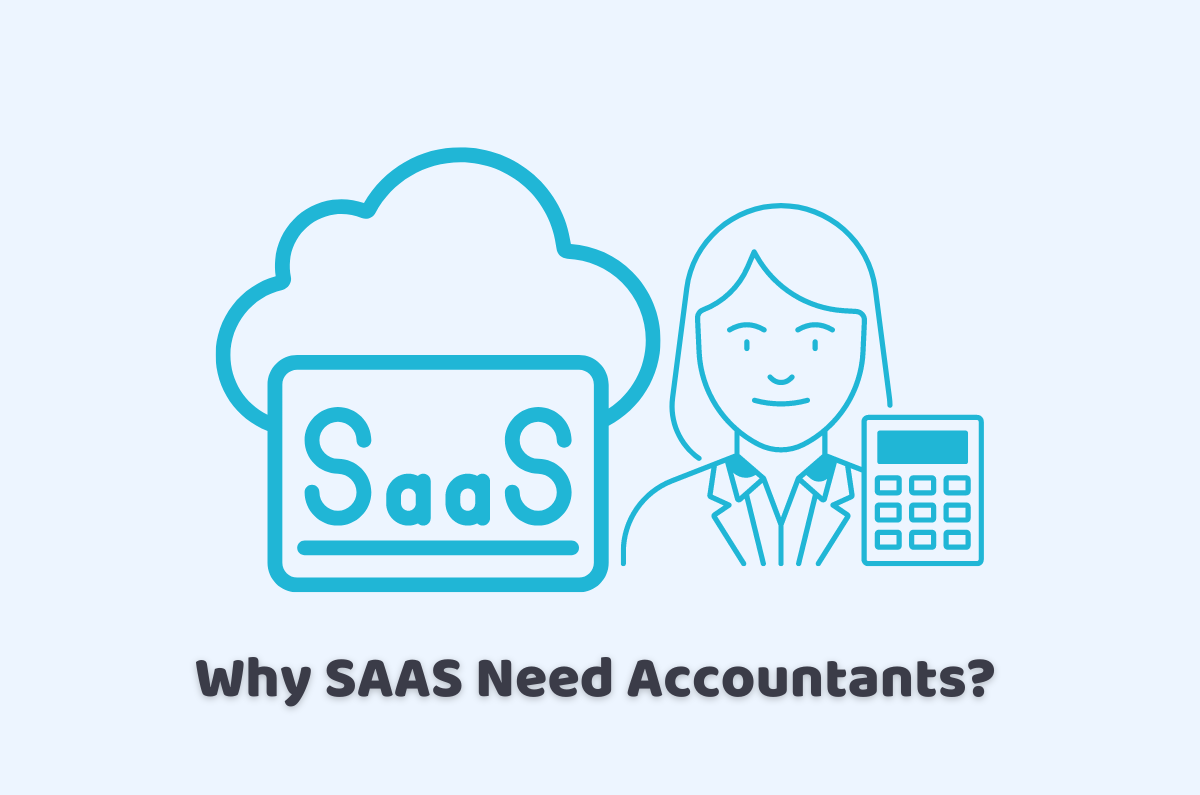06/03/2024Accountants , Accounting
Why SAAS business need accountants? The United Kingdom is a hub of SaaS (Software as a Service) activity, with hundreds of successful startups and established businesses in the space. As these companies grow and expand, they face a range of financial and accounting requirements. Making the need for specialised support and guidance all the more …
Read more
